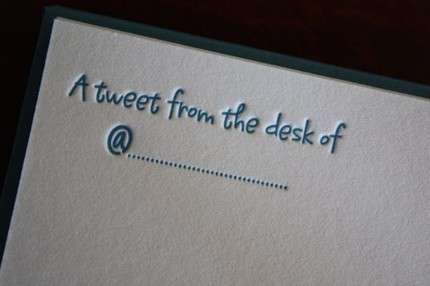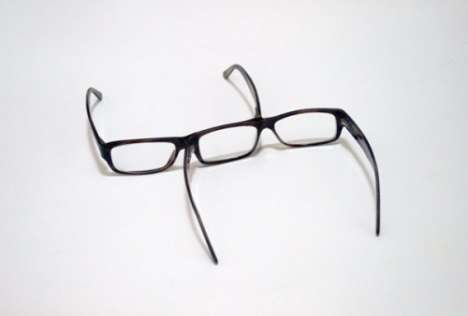I don’t usually comment on nasty stuff in the media. It’s usually best left to fester without further stoking. But I feel compelled this time. Because it’s an example of something that’s been bothering me for ages.
Snark. I really don’t like it. Gawker started this bitchy style of commentary. Perez Hilton perfected it. And bloggers and tweeters have tried to emulate it.
Snark has become a “voice” that many people find comfortable to slip into. It’s easy to replicate. Just look down your nose and spew forth. It’s mistaken for critical thinking. It’s not. Critical thinking is productive. Snark separates you from me. It creates distance, which is destructive. It makes none of us happy. It’s human behaviour at it’s most base and fearful. Which is so disappointing.
Snark is not hate speech. It’s more cowardly. And it attacks individuals on personal fronts. See this New York Times article on snark for more.
And note: the great writers and reviewers don’t stoop to snark. They don’t need to or wish to. Their aim is to share and connect, ultimately.
I rant, of course, following the attention Wil Anderson and Catherine Deveny’s Logie tweets have attracted. It’s just been announced Catherine’s been dumped from The Age (their words, not mine) for her contributions.

